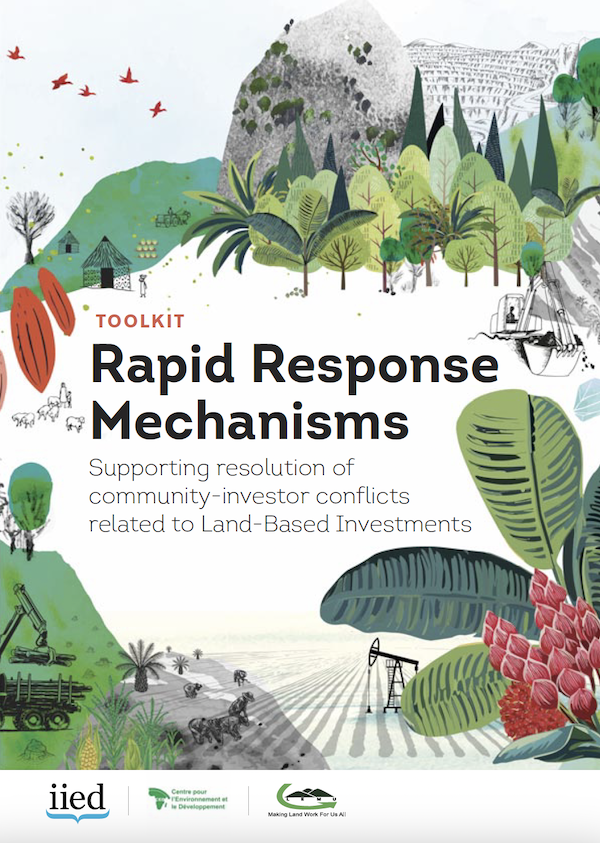Zambia’s chiefs champion gender equality in land and natural resource governance
With the pandemic striking higher in Uganda;poor families continue to be forced off their land by their government and investors despite several directives halting evictions during the COVID period. Cites a number of examples. In the latest looming evictions;the Uganda government is evicting more than 35,000 artisanal miners in the Kisita mines in Kassanda district.




